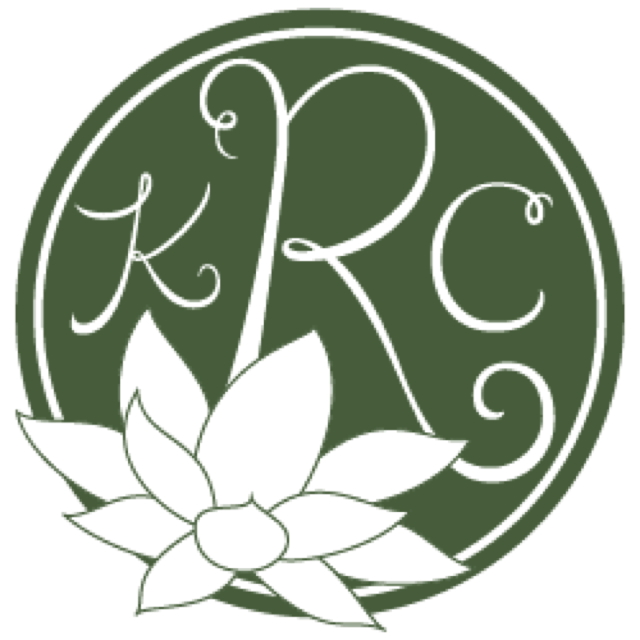Why it’s Time to Embrace Introvert Characteristics…
As a society, we have traditionally idealized the talkers and doers. But more recently, the growing popularity of mindfulness has allowed us to gain an appreciation for how quiet (listening) and being present can be just as important. In her remarkable book Quiet: The Power of Introverts in a World That Can’t Stop Talking (2013), Susan Cain helps us understand this shift. In the process, she also reveals the value of introvert characteristics.
The Origins of Defining our Personalities
Cain describes how the idea of personality (and the need for a good one) wasn't a widespread notion until the last century. With the advent of the salesman, we became enamored with the idea of being charming and extroverted. The entertainment and advertising industries further promoted the need for the perfect self-presentation. This not only included physical appearance, but personality as well. No longer was a polite reserve advised. Now one had to project charm and confidence at all costs. Even if it didn't come naturally.
Introvert Success Stories
To challenge the “extrovert ideal”, Cain points to her interviews with introverted students on their way to elite universities. These students were raised to respect and listen to their teachers, rather than trying to be the class clown or the most popular. And they went on to excel academically. She also argues that introverts can excel in leadership roles, citing Rosa Parks among many examples. Parks’ integrity, as well as her quiet, gentle and unassuming nature, helped her advance the civil rights movement. Extroverted leaders, on the other hand, can become so busy talking and putting their own mark on things that they don’t listen to good ideas.
Nature and Nurture
Understanding what determines our personality is a great first step in letting go of any anxiety about being an introvert. Cain’s book explores the influence of both nature and nurture on our personalities. She cites a longitudinal study (1980) by Dr. Jerome Kagan exposed babies to new experiences for the purpose of predicting who would become introverted. Those with stronger (or “high”) reactions turned out to be the most serious, careful, and, of course, quiet. He connected these traits to a more reactive amygdala (the part of the brain that control emotions and stress hormones). Environments shape us as well. And Kagan’s work concluded that high reactive kids can be more vulnerable to trauma. But they often end up with very valued social skills, such as empathy, caring and cooperation.
Cain points out that, while nature and nurture shape the way we behave, we can stretch ourselves by stepping outside our comfort zones. She cites her own work honing her public speaking skills as an example. And she encourages others to try stretching themselves. Although, she cautions, doing so too much can be counterproductive.
All of this highlights that we don’t choose our personality. And we all have something valuable to give. Embracing who we are, rather than feeling anxious about it, tends to be the most productive path.
Interested in knowing if you are an introvert? Take her quiz!
